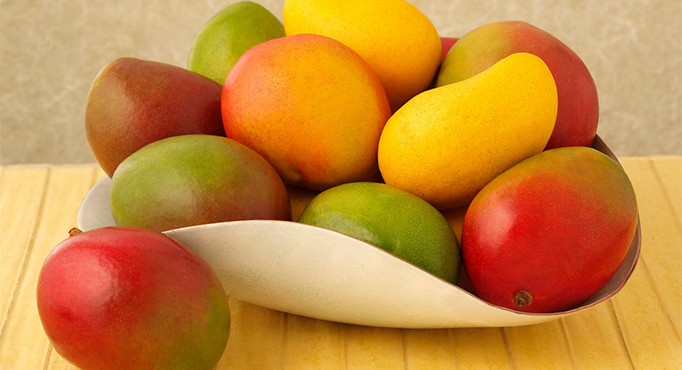How to Buy and Export Tropical Fruits from South Africa
How to Buy and Export Tropical Fruits from South Africa
Did you know that South Africa is the fourth-largest producer of tropical fruit in the world? Did you also know that these fruits are shipped all over the world, but especially to Europe and Asia? Read on to discover why exporting tropical fruits from South Africa is so lucrative and how you can get started. This article will introduce you to the different types of tropical fruits grown in South Africa. It will explain where these crops are produced and how their production is managed. You’ll also read about the various costs involved in exporting them, as well as the process of getting a company setup and certified. The article covers useful details such as which crops are currently most popular in the market, what harvesting times are best, where the closest ports are located, and more.
What Is the Value of Exporting Tropical Fruits from South Africa?
The export of fresh and dried fruits, vegetables, nuts and flowers brings in over R36 billion to South Africa each year. It employs over 200,000 people directly and many more indirectly. Many of these products are perishable, which means they have a short shelf-life, making it essential that they are harvested at the right time and transported quickly to the market. The fresh fruit and vegetable industry is a significant portion of the South African agricultural sector. The industry employs more than 300,000 people and contributes over R50 billion to the gross domestic product. The industry is largely concentrated in the Western Cape, where 85% of the country’s fruit and vegetables are grown.
Which Fruiting Seasons Are Most Profitable for Exporting?
There are a few factors to consider when determining which crops to export. First, you need to identify the current market demand for that product. What is the trend in the market? What are the predictions for the future? Next, you need to evaluate the costs associated with harvesting and exporting each product. Which crops generate high profits for the least amount of effort? For instance, the export season for mangos typically falls between August and October. This is also the time when the Asian markets are open. The demand for pineapples and papayas is at its highest during the summer months.
Which Crops Are Grown in South Africa?
South Africa produces many tropical fruits, including: bananas, pineapples, oranges, avocados, guavas, passion fruit, pomegranates, papayas, mangoes, sapodillas, watermelons, and grapefruit.
Where Can You Find the Nearest Ports and Warehouses?
The majority of ports and distribution centers are located along the eastern coast of South Africa. The table below shows the closest ports to major growing regions. The closest ports and distribution centers are: Durban, Port Elizabeth, and East London. These are major ports that handle a large volume of cargo. There are also a few large distribution centers in the eastern part of the country. The ones that come to mind are the ones in the East Rand and the Northern Suburbs of Johannesburg.
The Certification Process for Exporters
Before any tropical fruits can be exported from South Africa, they must be certified by the National Health Laboratory Service (NHLS). This process is managed by the Department of Agriculture, Forestry and Fisheries (DAFF). There are two types of tropical fruits that need to be certified: – Export Inspection – This type of inspection applies to fruits that are exported in their raw state. These products are not processed or refined in any way. Exporters of unprocessed fruits must be registered with the DAFF and their facilities must be approved for inspection. – Packhouse Inspection – This type of inspection is required for tropical fruits that have been processed, such as dried fruits, canned fruits, jams, and juice. Exporters of processed tropical fruits must be registered with the NHLS.
How to Start an Export Business for Tropical Fruits From South Africa?
You must first choose the type of fruits you want to export. Then, you need to understand the different factors that influence the profitability of these crops. For example, the weather, the prices in the market, the volume of supply and demand, etc. Next, you need to determine how you’re going to start your business. Are you going to buy existing equipment and start contracting harvesting? Or, will you buy new equipment and start operating your own fields? If you decide to contract harvesting, you need to find a trustworthy company that can deliver quality products. You can search for harvesting companies online or through your network. You can also post a request for proposal on websites like ProFarm. If you decide to buy fields, you have to decide on the crop you want to plant, the best time to plant, the type of soil you will use, the type of fertilizer, etc. You can find information about these topics in books, on the internet, and from Extension Officers.
Conclusion
Exporting tropical fruits can be a lucrative business, especially when you take into account the high demand for these products. The most important thing is to choose the right crop, and then to manage the harvesting, logistics, and other factors that influence profitability. Remember, purchasing and selling tropical fruits is seasonal, so you need to plan ahead of time. The best time to export tropical fruits is during the warmer months, when the demand is high and the prices are good.







LEAVE A COMMENT
You must be logged in to post a comment.